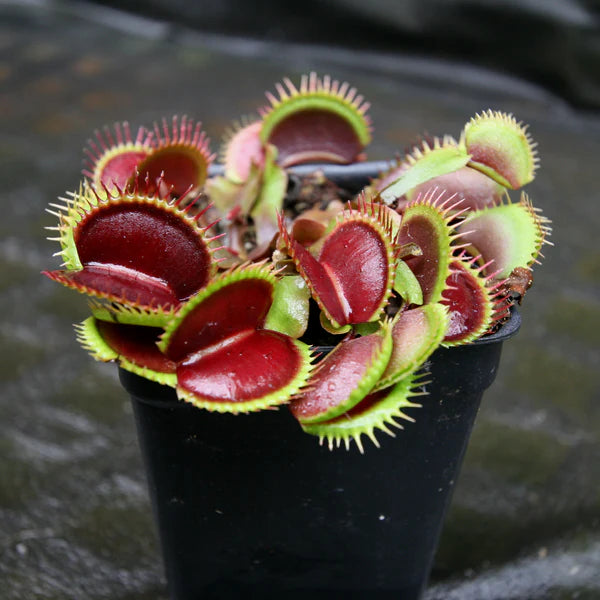1
/
of
1
Dionaea muscipula big
Dionaea muscipula big
Regular price
10.950 KWD
Regular price
Sale price
10.950 KWD
Unit price
/
per
Shipping calculated at checkout.
Couldn't load pickup availability
✅ نقاط مميزة:
-
واحد من أكثر النباتات غرابة وإثارة للدهشة
-
آلية الصيد الفورية والمتحركة تجذب الأطفال والبالغين على حد سواء
-
ممتاز كمشروع علمي أو كقطعة زينة حيوية
-
لا يحتاج لتسميد، ويُفضَّل تركه يصطاد بنفسه دون تدخل
⚠️ ملاحظات مهمة:
-
لا تطعمه لحمًا أو طعامًا منزليًا – فقط حشرات حية صغيرة
-
لا تلمس الفخاخ كثيرًا بدون سبب – عدد مرات الفتح/الإغلاق محدود
Share

